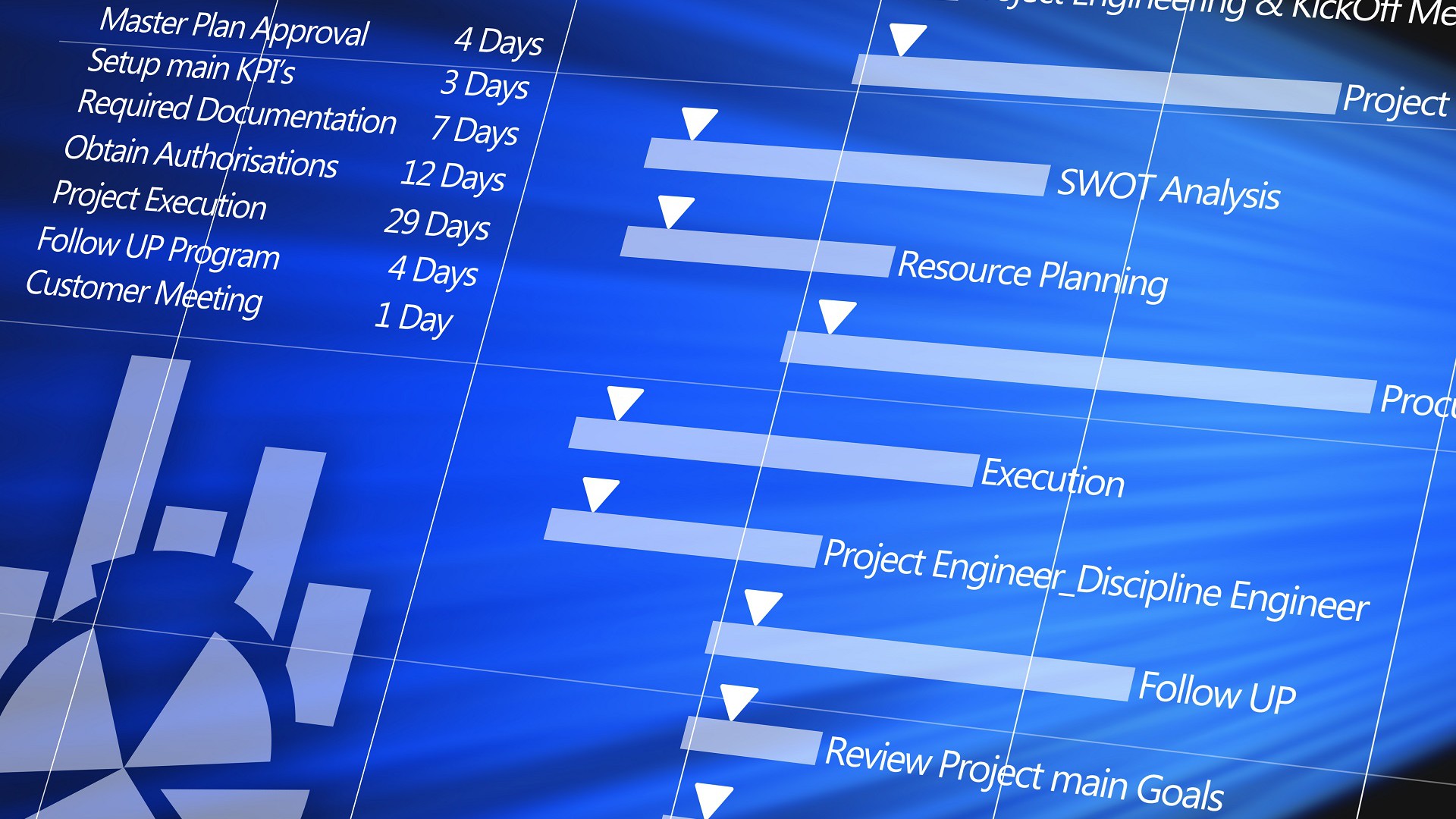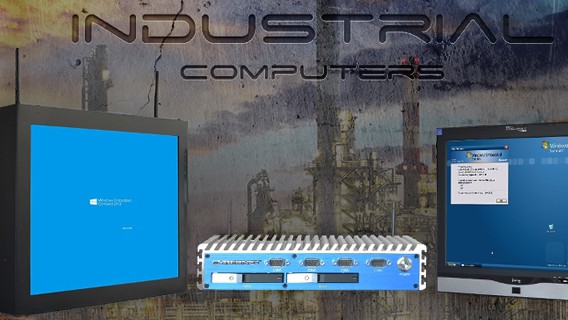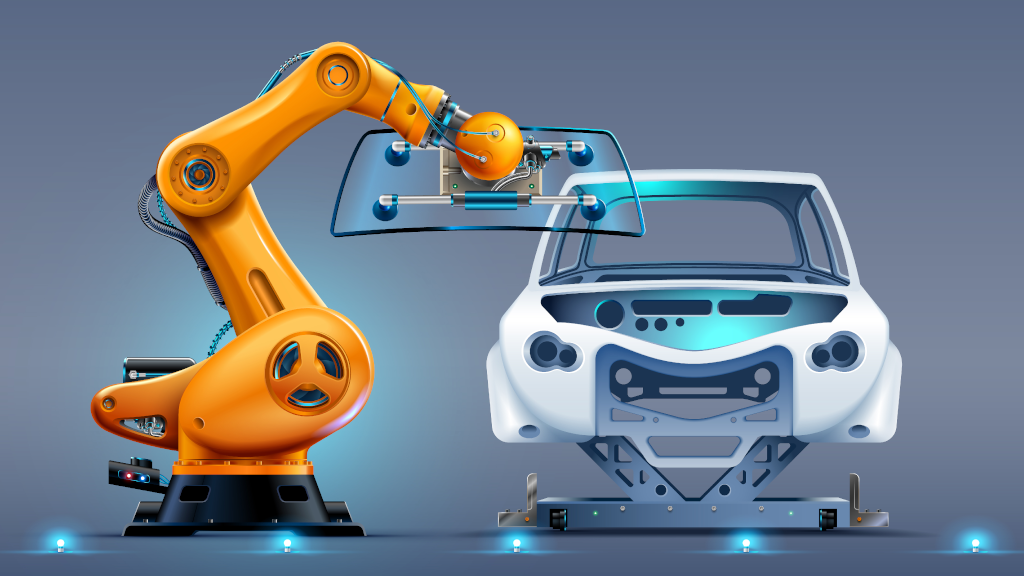It has long been true that effective communication is integral for a business to run smoothly and efficiently. The different departments of a company, from purchasing, to logistics, to accounting, etc., all need to work in concert to maximize productivity. And while ERP software has facilitated inter-departmental data sharing and communication for decades, it is only with the advent of Industry 4.0 technology and mobile Industrial Tablets that ERP has been able to reach its full potential.
What is ERP?
Article Guide
According to Investopedia, ERP, or Enterprise Resource Planning, is a “process used by companies to manage and integrate the important parts of their businesses.” The Gartner Group coined the term in the 1990s to refer to the integration of material requirements planning and computer-integrated manufacturing.
ERP software allows each department in a business to share information and processes. Each department can access the same data from the same location, often referred to as a data lake, significantly streamlining business processes. ERP has come to encompass a wide array of business processes and systems, some related to manufacturing, some wholly disconnected from it.
Industry 3.0 meets Industry 4.0
Even though we have written about Industry 4.0 extensively on this blog before, a recent study shows that just 8% of UK-based manufacturers have a solid understanding of Industry 4.0, indicating that there is still much confusion over what exactly the term means.
If the first industrial revolution occurred when people first harnessed the power of water and steam to produce goods on a mass scale, the second industrial revolution happened when factories first became electrified, and the third when the first electronic computers became integrated with the manufacturing process, then Industry 4.0 refers to the advancements in digital technology that will foster a fourth industrial revolution.
While EPR is a product of Industry 3.0, it is indispensable to Industry 4.0. Without ERP software to integrate and visualize the data generated by Industry 4.0 technology, the kind of supply chain-wide digital integration that Industry 4.0 promises would be impossible. At the same time, without Industry 4.0 tech, ERP software cannot provide you with the real-time data you need to react to changing conditions in your operation. Together, the two technologies help each other reach their fullest potential.
Internet of Things and Data Silos
As the access to broadband internet increases, more and more manufacturers are embracing the Industrial Internet of Things. The IIoT represents the melding of the physical and digital worlds within a manufacturing or industrial operation. Digital sensors, smart cameras, and Industrial PCs are networked together to collect, generate, and share data in real-time, allowing for a level of automated control previously impossible.
All of those digital sensors generate a vast amount of data. Once processed, this data can assist in both operations self-automation and provide manufacturers the information they need to reorganize their operations to maximize efficiency. This is only possible with the right ERP software.
Without ERP, all of this IoT data would become siloed. What is a data silo? A data silo occurs when data is unshareable between different parts of an operation. This means that without ERP, the data your smart factory generates stays on the factory floor. Real-time inventory data from your warehouse stays with the warehouse. Your logistics, purchasing, accounting, distribution partners, etc., cannot view any real-time manufacturing data, meaning they would be flying blind in the event of a production bottleneck or inventory shortage.
Because ERP software has been designed since its inception to eliminate data siloing between the disparate parts of a business, it is indispensable to any IIoT/Industry 4.0 platform. Industry 4.0 ready ERP software collects factory floor IIoT data and data from other departments within a business in one place. This way, every department has access to real-time insights straight from the factory floor.
Mobile ERP & the Cloud
IIoT on its own is not enough to truly maximize the ROI a business gets from its ERP software. Businesses looking to realize the full potential of ERP and Industry 4.0 must turn to Mobile ERP and the Cloud. A company cannot respond to changing conditions in different departments if they can only access data from the office or factory.
A Cloud Sized Data Lake
While many businesses are already familiar with cloud-based applications, the sheer quantity of data generated by Industry 4.0 applications will necessitate that most companies turn to cloud data storage. Between the factory floor, the warehouse, logistics, reverse logistics, accounting, purchasing, and administrative departments, even a small manufacturing company can generate multiple terabytes every month. Larger companies could generate that amount of data in a single day.
Accordingly, businesses of all sizes will want to maximize the depth of their data lake to leverage the power of ERP software. Without the cloud, companies would find themselves on a constant treadmill of purchasing more and more local network storage, which in turn necessitates finding more space to house your servers. Those businesses wishing to avoid this cycle would need to delete data regularly, significantly hampering operational planning.
The Freedom of Mobility
If COVID-19 has taught the business world anything, it’s that there’s no need for every single company employee to go into the office every day to do their job. And while many workers are likely to return to their company’s offices as the pandemic subsides, remote and mobile work will likely remain far more normalized than it was pre-pandemic. More and more workers expect to be able to work from home and on the go.
While smartphones are undoubtedly valuable tools for ERP data access, nothing matches the mobile computing power of an LTE-enabled Rugged Industrial Tablet. These offer the portability of a smartphone with the full power of a 5th Generation Intel Core i5 processor and the full versions of Windows or Linux Operating Systems. Workers can instantly send and receive ERP data from the cloud over Wi-Fi or LTE networks and analyze it in real-time on a fully powered tablet computer.
Not only are industrial tablets mobile, but they also offer many features like built-in RFID and barcode scanning, making them useful both in the field and factory floors and warehouses. Never before has this level of data access been possible. Mobile devices provide constant access to information and offer an opportunity to expand your reach as a company.
Put simply, Mobile ERP applications, combined with Rugged Industrial Tablets, allow company employees and executives to access their data and do work no matter where they are: the factory, the office, meeting with suppliers and distributors, even at home.
Final Thoughts
If you’re interested in unlocking the full potential of your ERP software by leveraging the incredible power of industrial computers and tablets, contact the experts at Cybernet today.
How ERP Software is Changing Industrial PC Demands
December 18, 2017
Enterprise Resource Planning (ERP) software is a product that operates on several different business operational levels to streamline and unify processes such as project management, accounting, manufacturing, customer…
0 Comments6 Minutes
Industrial Computing: Changes in the Oil and Gas Industry
September 8, 2015
The field of industrial computing has evolved to such a degree that the devices that are currently available transform the very industries that they are deployed in. There are a number of computers suitable for a…
0 Comments6 Minutes
The Use of Industrial Computers in the Automotive Industry
August 20, 2019
The automotive industry invented automation: it’s no surprise that they’ve embraced industrial computers faster than any other field of manufacturing. Because automotive manufacturing requires flexible solutions that…
0 Comments7 Minutes
You Can't
Learn from a Pop-up
But we can deliver knowledge to your inbox!
We dive deep in the industry looking for new trends, technology, news, and updates. We're happy to share them with you.
Knowledge, News, and Industry Updates Right in Your Inbox





